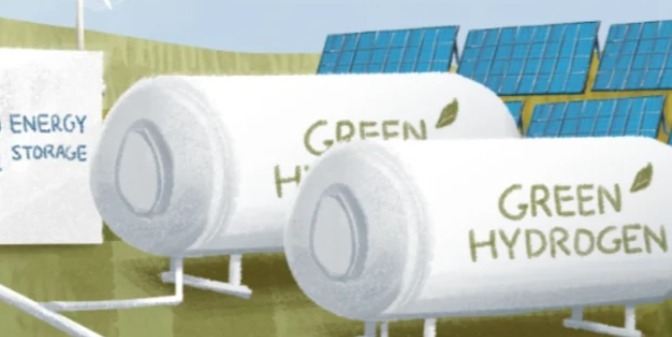Central Java Entrepreneurs Respond to Push for Renewable Energy Use
Thursday, 26 June 2025
SEMARANG — The Indonesian Employers Association (Apindo) of Central Java stated that the transition to renewable energy and the practice of waste recycling are no longer optional, but a necessity for industry players.
Deddy Mulyadi, Vice Chairman of Apindo Central Java and Chairman of Apindo Semarang, said that efforts to reduce carbon emissions in the industrial supply chain — including in Central Java — are being directed across all industry sectors. By 2030, the government targets carbon emissions to be reduced throughout all industrial activities, from production and distribution to employee transportation.
“We must use green energy, we must recycle — not only in terms of electricity, but also the materials we use. There is now a kind of obligation to move in that direction. Water conservation is also part of it. So yes, this is not just a mandate, but a real necessity,” Deddy said on Thursday (June 26, 2025).
Although 21 companies in Central Java have already begun adopting solar panel–based renewable energy systems, Deddy acknowledged that significant challenges remain. One key issue is the strict regulations imposed by the state electricity company PLN, which businesses find burdensome.
“In my opinion, the use of renewable energy should be commercialized — let each industry use it freely. That way the price can be lower, and it won’t be monopolized,” he stated.
Beyond the use of clean energy, Deddy also highlighted the limited availability of recycled raw materials from within Indonesia, despite strong demand from industries.
“Most of the recycled materials used by industries here are imported. Locally, there just aren’t many providers of recycled materials — perhaps because the raw materials or technology are difficult to obtain,” he explained.
Apindo Central Java is urging the government to develop a comprehensive recycling ecosystem, through both investment incentives and improved ease of doing business for recycling industries.
“To attract interest, the government needs to offer low-interest financing and encourage more investment into recycling industries. That way, plastic waste can be significantly reduced,” Deddy concluded.
Source: hijau.bisnis.com









